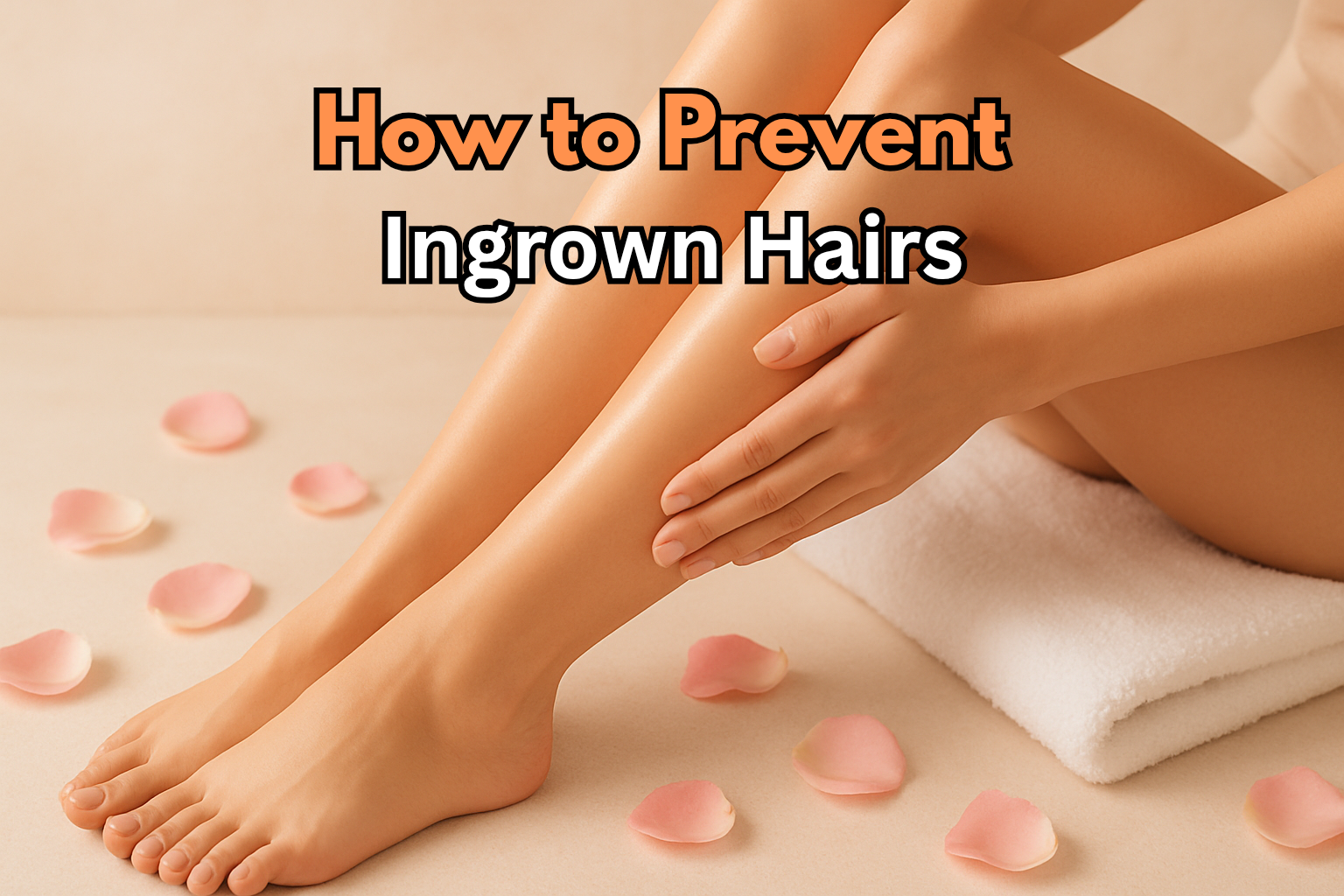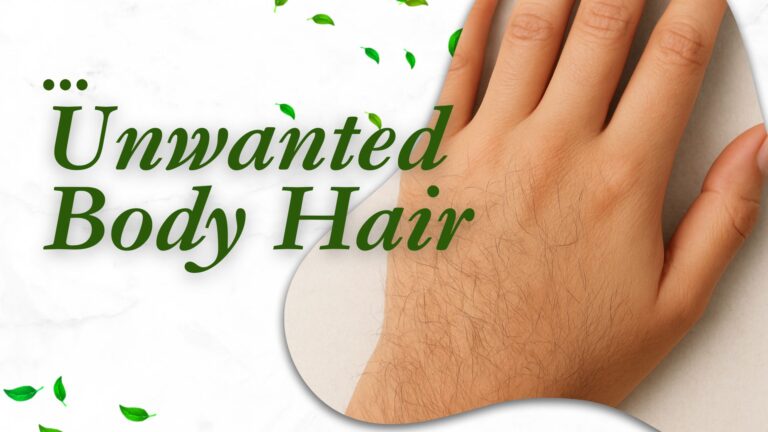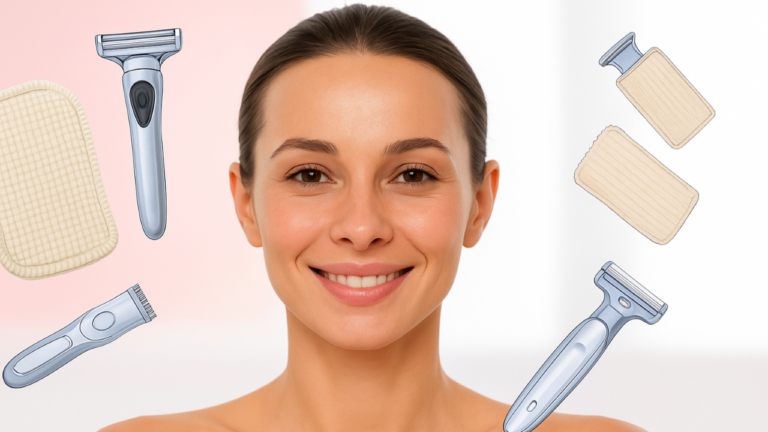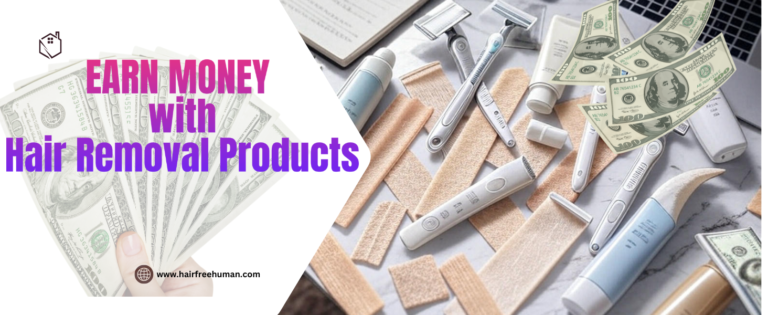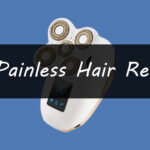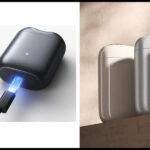Ingrown hairs, a patch of red, itchy lumps are the fastest thing to ruin that smooth, post-hair removal shine. Whether you are using a razor, wax, or your go-to epilator, those cunning tiny curls can undermine your best attempts to maintain a smooth skin.

We will also flash out the hair removal techniques that are mostly responsible for ingrown hairs. And most importantly – a guaranteed recipe to prevent all of them.
But before that you must have a good enough knowledge about ingrown hairs. What they actually are?
What Are Ingrown Hairs, and Why Do They Happen?
An ingrown hair is a hair that grows back into the skin instead of rising up from it. Instead of waving goodbye and heading on its merry way, it curls back in which caused redness, bumps, and sometimes even pain or infection.
This happens because of the way hair is removed. Certain hair removal methods can cause the hair shaft to grow in at a weird angle or get trapped under the skin. Add a bit of dead skin buildup on top, and suddenly that hair has nowhere to go.
While ingrown hairs are mostly an annoying nuisance but sometimes they can lead to infections, cysts, or scarring, especially if picked or squeezed.
But, wait! wait! You are already here, one step ahead of all those who doesn’t know the inside chemistry. But you are going to learn that. Stay on course-
Hair Removal Methods That Caused Ingrown Hairs
To be honest, every hair removal methods can cause ingrown hairs in different ways. Let’s break down the main offenders:
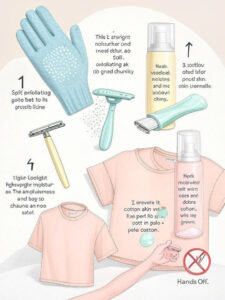
1️⃣ Shaving
Shaving is the most popular hair removal methods for its quick, easy, and budget-friendly purchasing cost. But it’s also one of the biggest culprits when it comes to ingrown hairs!
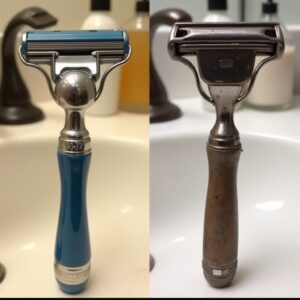
Here’s why: when you shave, you cut the hair at skin level (or even slightly below). If your razor is dull or you shave against the grain, you can create a sharp hair tip that’s more likely to grow sideways instead of out. Combine that with a lack of exfoliation, and you’ve got yourself a recipe for bumps and irritation.
2️⃣ Waxing
Waxing is a popular hair removal methods for its long lasting smooth performance for upto 1 week. But if not done properly, it can also grown ingrown hairs.
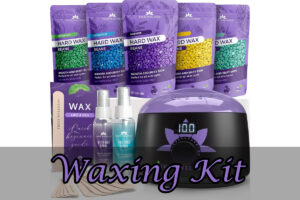
When you wax, you pull out the hair from the root. That’s great — until the new hair starts growing back. If your technique is rushed, or if the wax is too hot, the hair follicle can become inflamed. Dead skin cells can also build up over the area, trapping the hair inside. The result? A tiny, red, bumpy rebellion.
3️⃣ Epilating
Epilators — those little devices that pluck hair out at lightning speed — can also lead to ingrown hairs.
They work by grabbing multiple hairs at once and pulling them from the root. Unfortunately, sometimes the hair breaks unevenly, leaving a jagged edge that’s prone to curling back into the skin. Plus, the trauma caused by yanking multiple hairs can inflame the follicles and make it easier for new hairs to get trapped under the skin.
4️⃣ Depilatory Creams
Depilatory creams seem like a fuss-free option, but they can still contribute to ingrown hairs.
These creams dissolve hair at or just below the surface, but they can also irritate the skin. Irritated skin can swell slightly and trap the hair, causing it to grow sideways instead of out. And while they’re convenient, they don’t exfoliate the skin — meaning dead skin can still pile up and block hair follicles.
The Foolproof Formula to Prevent Ingrown Hairs
Now that you know which methods are behind those frustrating bumps, let’s talk prevention.
Here’s the ultimate step-by-step formula to keep your skin smooth and free from ingrown hairs:
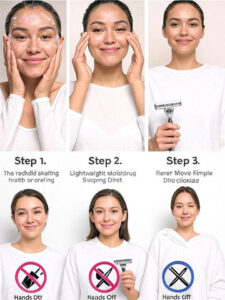
🧖 Step 1: Exfoliate Regularly
Before and between hair removal sessions, gently exfoliate your skin to remove dead skin cells that can trap hairs. Use a gentle scrub or an exfoliating glove 2-3 times a week, depending on your skin’s sensitivity.
💧 Step 2: Hydrate and Moisturize
Hydrated skin is more supple and less likely to trap hairs. Moisturize after hair removal with a lightweight, non-comedogenic product to keep the skin soft and to prevent hair from getting stuck.
🪒 Step 3: Use Proper Technique
- Shaving? Use a sharp, clean razor and shave in the direction of hair growth. Avoid dry shaving!
- Waxing? Make sure the wax isn’t too hot and always pull the strip in the opposite direction of hair growth.
- Epilating? Hold the skin taut, go slowly, and don’t press too hard.
- Depilatory Creams? Follow the instructions carefully, and never exceed the recommended time to avoid irritation.
👗 Step 4: Wear Loose-Fitting Clothing for preventing ingrown hairs
Tight clothes can rub against the skin and push hairs back into the follicle. Opt for loose, breathable fabrics — especially right after hair removal — to give your skin room to breathe.
🚫 Step 5: Hands Off!
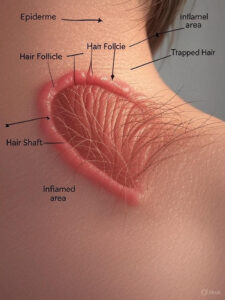
If you notice a bump, resist the urge to pick or squeeze it. Picking can lead to infection and scarring. Instead, apply a warm compress to help the hair work its way out naturally.
Bringing It All Together to prevent ingrown hairs
Ingrown hairs might be a common side effect of hair removal, but they don’t have to be a constant companion. By understanding why they happen, choosing the right hair removal techniques, and sticking to the Hair-Free Human Formula, you can enjoy smooth, bump-free skin — and that oh-so-satisfying feeling of being hair-free.
Remember, hair removal is about more than just getting rid of hair; it’s about feeling confident and comfortable in your own skin. With the right approach, you can keep those annoying little bumps at bay and embrace the smooth, glowing skin you deserve.

